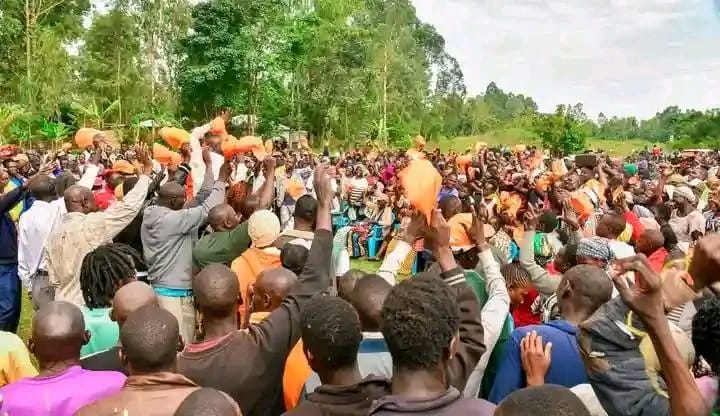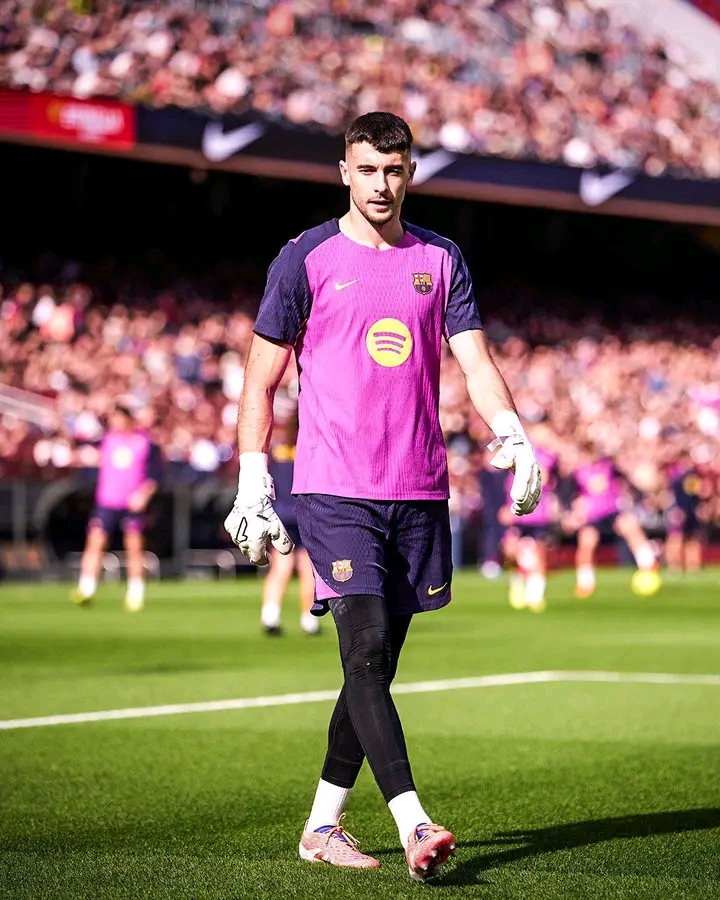
The Ugunja parliamentary seat became vacant after the sitting MP, Opiyo Wandayi, was appointed as Cabinet Secretary for Energy and Petroleum, prompting a by‐election to be held on 27 November 2025.
In preparation for that by‐election, the Orange Democratic Movement (ODM) set its process in motion. On 1 September 2025, the party invited aspirants to submit nominations for the Ugunja seat, among several others. The deadline for nominations was 8 September. The nomination fee for male aspirants for a parliamentary seat was set at KSh 250,000; for women, youth, and persons with disabilities (PWDs), the fee was half that—KSh 125,000.
Because there were multiple applicants for the Ugunja ticket, ODM scheduled primaries to pick its candidate. The primaries were to take place on Friday, 26 September 2025.
Three prominent aspirants emerged: Moses Omondi, Otieno Alur, and Eng. Fredrick ZB Owino.
As the primary date approached, there were tensions and a degree of mistrust among party members. One aspirant, Fredrick ZB Owino, lodged complaints about what he alleged to be irregularities in the planned process—claims of manipulation in the distribution of polling centres, voter lists, and possible external interference favoring a particular candidate. For example, Owino claimed that polling stations were being allocated in a way that disadvantaged his strongholds, while other areas perceived to favor another candidate were given more favorable polling arrangements.
Another aspirant, Moses Omondi, publicly dismissed those allegations, calling them premature and encouraged a focus on the campaign rather than pre‐emptive accusations. He urged for a peaceful, credible process and emphasized that his campaign had been active through grassroots engagement.
The party, through its National Elections Coordinating Committee (NECC), led by Emily Awita, repeatedly affirmed that it would oversee the primaries in a manner that is free, fair, credible, and transparent.
Supporters of different aspirants also voiced concerns—some over clarity and organization, some alleging threats or intimidation in the pre‐nomination period, and others over whether the list of party members eligible to vote was properly verified. One supporter of Otieno Alur complained of threats from rival camps; Eng. Owino called for use of only verified membership lists.
The broader political context added stakes: there was an agreement, at least stated by President William Ruto, that ODM and UDA would back a single candidate in Ugunja in order to strengthen the “broad‐based government” arrangement. This made winning the ODM ticket especially important, since it would likely carry the broader coalition’s support.
Thus the scene heading into the Ugunja primaries was one of both high competition and high tension—three aspirants, claims of irregularities, demands for transparency, supporters mobilizing, and party leadership under pressure to deliver a process that is seen as legitimate.

